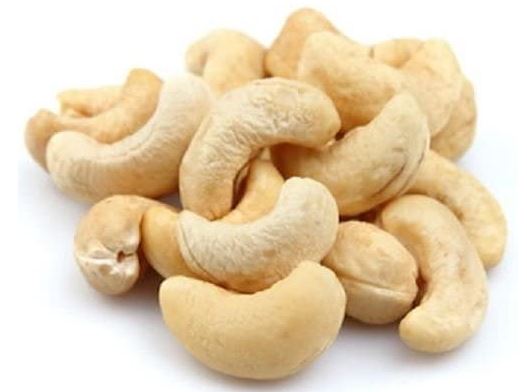
Diabetes is a chronic health condition that affects millions of people around the world. It is characterized by high levels of sugar in the blood, which can lead to a range of health problems if left uncontrolled. One of the key factors in managing diabetes is maintaining a healthy and balanced diet that is low in sugar and carbohydrates, and high in fiber and protein. Cashew nuts are often touted as a healthy snack option, but are they good for diabetes? In this guide, we will explore the benefits and potential drawbacks of cashew nuts for people with diabetes.
Benefits of Cashew Nuts for Diabetes:
- Low Glycemic Index: Cashew nuts have a low glycemic index, which means they have a relatively low impact on blood sugar levels. This is because they are low in carbohydrates and high in protein and healthy fats. The glycemic index of cashew nuts is around 22, which is considered to be low. Foods with a glycemic index of 55 or lower are considered to be low glycemic index foods.
- High in Protein: Protein is an essential nutrient that is important for people with diabetes. It helps to stabilize blood sugar levels and reduce the risk of developing complications associated with diabetes. Cashew nuts are a good source of protein, containing around 5 grams of protein per ounce.
- Rich in Fiber: Fiber is another important nutrient for people with diabetes, as it helps to regulate blood sugar levels and improve digestion. Cashew nuts are a good source of fiber, with around 1 gram of fiber per ounce.
- Rich in Healthy Fats: Cashew nuts are high in healthy fats, particularly monounsaturated and polyunsaturated fats. These fats are important for heart health and can help to reduce the risk of developing heart disease, which is a common complication of diabetes.
- Rich in Nutrients: Cashew nuts are a good source of several important nutrients, including magnesium, potassium, and vitamin K. These nutrients are important for overall health and can help to reduce the risk of developing complications associated with diabetes.
Drawbacks of Cashew Nuts for Diabetes:
- High in Calories: Cashew nuts are relatively high in calories, with around 157 calories per ounce. While this is not necessarily a problem in moderation, it is important to be mindful of portion sizes when consuming cashew nuts, as consuming too many calories can contribute to weight gain, which is a risk factor for diabetes.
- High in Fat: While cashew nuts are high in healthy fats, they are still high in fat overall. Consuming too much fat can contribute to weight gain and increase the risk of developing heart disease, which is a common complication of diabetes.
- Allergic Reactions: Some people may be allergic to cashew nuts, which can cause a range of symptoms, including hives, swelling, and difficulty breathing. It is important to be aware of any allergies or sensitivities when consuming cashew nuts.
Tips for Incorporating Cashew Nuts into a Diabetes-Friendly Diet:
- Be mindful of portion sizes: Cashew nuts are high in calories, so it is important to be mindful of portion sizes when consuming them. A serving size of cashew nuts is around 1 ounce, or a handful.
- Choose unsalted cashew nuts: Salted cashew nuts can be high in sodium, which can contribute to high blood pressure, a risk factor for heart disease. Choose unsalted cashew nuts or those with low salt content to reduce your sodium intake.
- Avoid sweetened cashew nuts: Some brands of cashew nuts are sweetened with sugar or other sweeteners. These should be avoided as they can contribute to high blood sugar levels and weight gain.
- Incorporate cashew nuts into meals and snacks:Cashew nuts can be a versatile ingredient in a diabetes-friendly diet. They can be added to salads, stir-fries, and roasted vegetables for added crunch and flavor. They can also be used as a topping for oatmeal or yogurt for a protein-packed snack.
- Pair cashew nuts with other diabetes-friendly foods: Pairing cashew nuts with other diabetes-friendly foods can help to balance out their calorie and fat content. For example, pairing cashew nuts with vegetables, fruits, and whole grains can help to create a balanced and nutritious meal or snack.
- Monitor blood sugar levels: While cashew nuts can be a healthy addition to a diabetes-friendly diet, it is important to monitor blood sugar levels when consuming them. Everyone’s body responds differently to different foods, so it is important to monitor how cashew nuts affect your blood sugar levels and adjust your intake accordingly.
In summary, cashew nuts can be a healthy addition to a diabetes-friendly diet. They are low in carbohydrates, high in protein and fiber, and rich in healthy fats and important nutrients. However, they are also high in calories and fat, so it is important to consume them in moderation and be mindful of portion sizes. When consumed as part of a balanced and nutritious diet, cashew nuts can help to regulate blood sugar levels and reduce the risk of developing complications associated with diabetes.